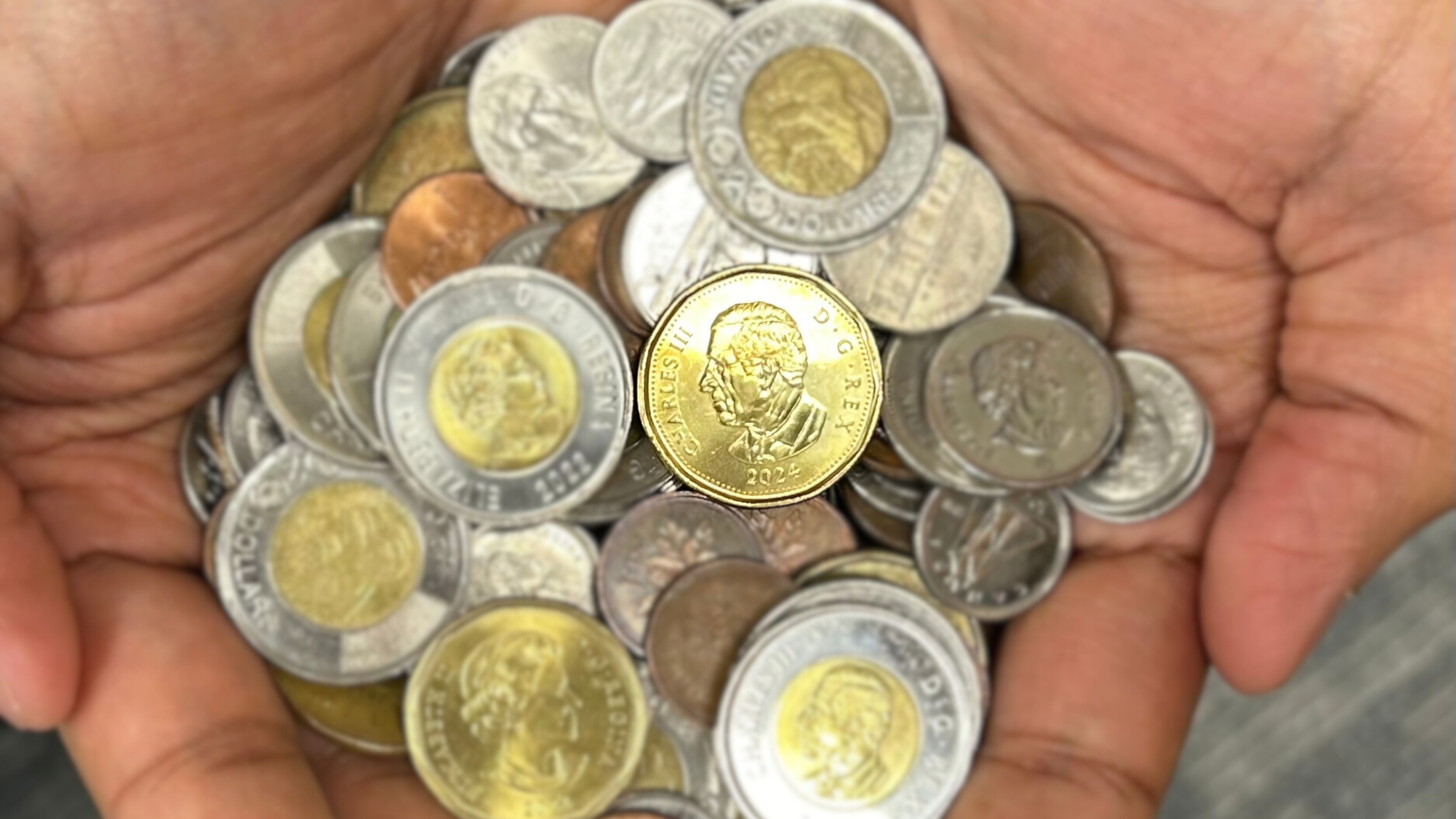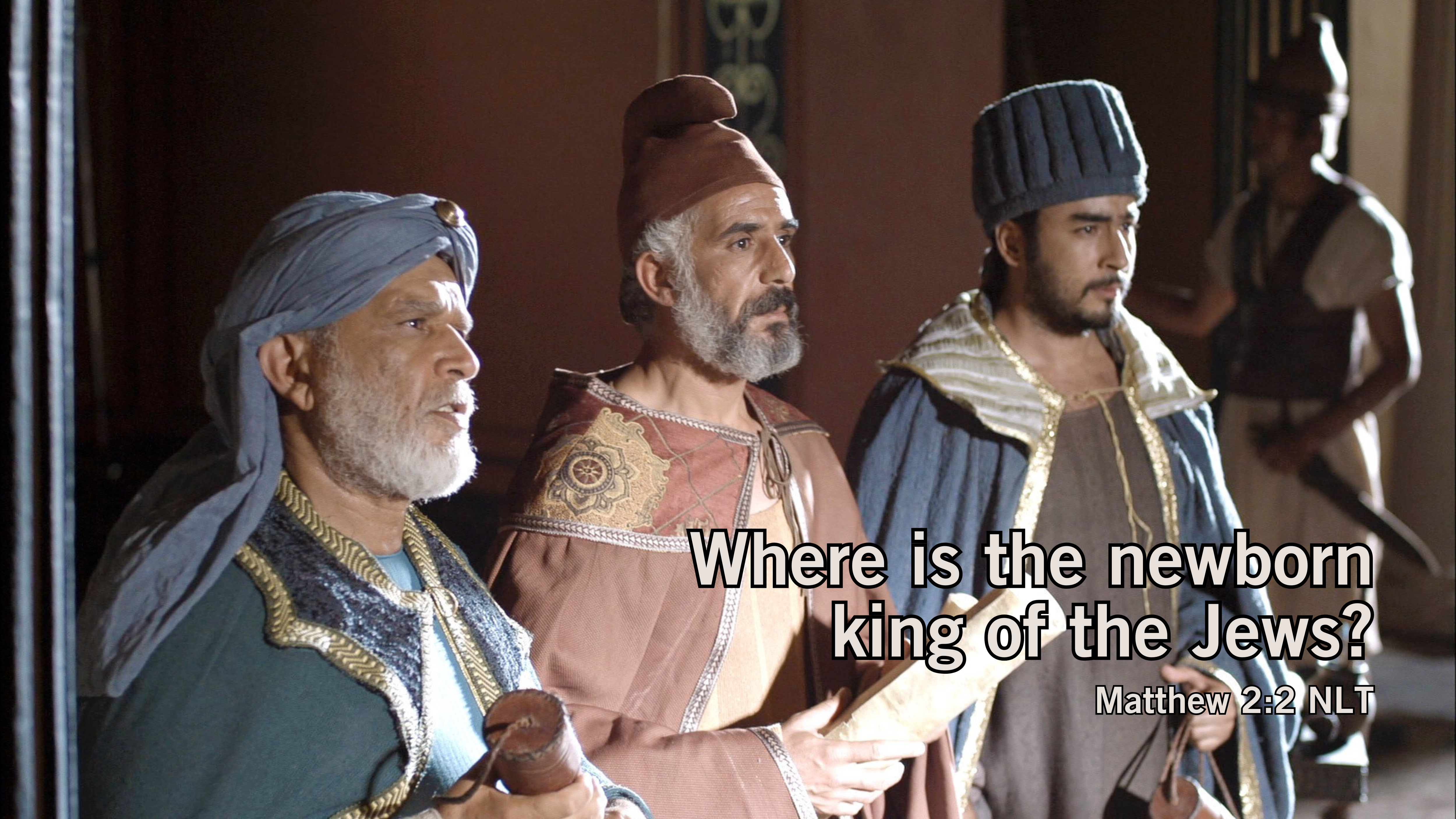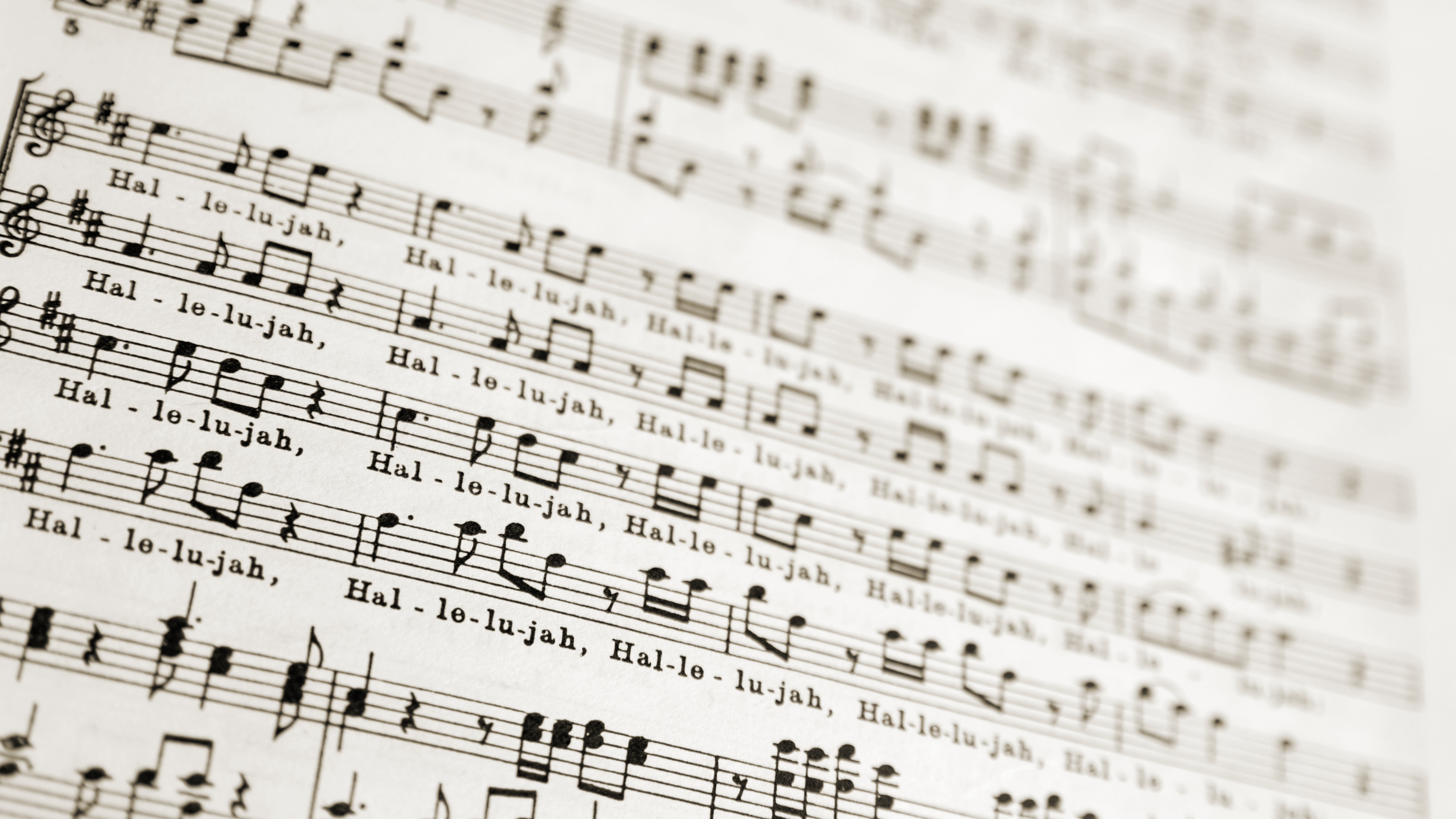A Kingdom without End
"He will be great and will be called the Son of the Most High. The lord God will give him the throne of this father David, and he will reign over Jacob's descendants forever; his kingdom will never end." Luke 1:32-33 NIV
I recently received a new shiny loonie back from a cash transaction (I know, who uses cash anymore), and noticed the face of our new King. Since 1908, Canada has included the likeness of the reigning monarch on all our coins. The outline of His Majesty King Charles III is accompanied by the words CHARLES III D. G. REX. Dei Gratia Rex is a Latin title inscribed on coins meaning, By the Grace of God, King. The meaning was to legitimize and invoke the divine right of kings, the absolutist authority that the monarch wielded, and the endorsement of God for the monarch's reign. According to our constitution and the inscription on our coins, King Charles III is exercising the authority over the Commonwealth by the grace of God.

Around the time of Jesus birth, Israel was chafing and languishing under foreign control for over 600 years and longing for deliverance, a new day, a new kingdom. The Babylonians, Persians, Greeks had ruled, and they were under the heavy rule of the Romans. But every Jew understood that they were longing for another king; there was another kingdom on the horizon, and the air was thick with anticipation. They would often repeat and remember the Scriptures and prophecies of the past: Daniel 2:44 (NIV) "In the time of those kings, the God of heaven will set up a kingdom that will never be destroyed, nor will it be left to another people. It will crush all those kingdoms and bring them to an end, but it will itself endure forever." In Daniel 7:13-14, 18, 27, the prophet reminds us that it is an "everlasting kingdom." The stage had been set for a coming King.
When the angel Gabriel visited Mary and told her that she would bear the coming King, and He would be called the Son of the Most High, be given the throne of His father, David, and that His kingdom would never end, that would have been a heaven and earth-shaking announcement. The anticipated King was arriving, and the kingdom was being ushered in. When the Magi from the East came to King Herod in search of the "King of the Jews" who had recently been born, (Matt 2:1-12) Herod inquired as what they were talking about. He consulted the priests and scribes, who confirmed the location of the promised prophetic king. In alignment with Biblical prophecy, he sent them to Bethlehem to see the newborn King.

When Jesus began His ministry, He read from Isaiah 61:1-6 and began fleshing out the message of the kingdom. He began to preach, "Repent, for the kingdom of heaven has come near" (Matthew 4:17 NIV). Wherever Jesus went, the central message and ministry was about this kingdom. In Luke 4:43 (NLT), Jesus' response was, "I must preach the Good News of the Kingdom of God in other towns, too, because that is why I was sent." He taught the disciples to pray on the Sermon on the Mount in Matthew 6:10 (NIV) "Your kingdom come, you will be done, on earth as it is in heaven." As He sent them out in Matthew 10:7 (NIV) "As you go, proclaim this message: 'The kingdom of heaven has come near.'"
The kingdom needed a King, and Jesus came to announce its arrival.
In His response to question before Pilate (Luke 23:2, John 18:37 NKJV) Jesus says, "You say rightly that I am king. For this cause I was born, and for this cause I have come into the world, that I should bear witness to the truth."
Jesus reiterates the promise to Mary, the establishment of His kingdom and salvation was the reason He was born and sent to us.
"So preaching the message of the kingdom among other things, demands that we tell people through our words and communicate with our actions who this king is and what he values. We tell an alternative story of what life should be, can be and one day will be. The Kingdom of God is a place where values are turned upside down and things are not as we expect them to be, his teaching and values become the Kingdom teaching and values." [1]
The kingdom of God is present in those places, spiritual or material, where God is honoured as Sovereign, and His values are operative.
If you have ever attended the performance of George Frideric Handel's masterpiece Messiah or had the privilege to sing in the Hallelujah chorus, the crescendo reinforces His rulership and dominion, that the reign of the King will not end (Rev 11:15). I can hear you humming or singing the words in your head!

The kingdom of this world;
Is become the kingdom of our Lord,
And of His Christ
And of His Christ
And He shall reign forever and ever
And He shall reign forever and ever
And He shall reign forever and ever
And He shall reign forever and ever
King of kings
Forever and ever, hallelujah hallelujah!
And Lord of lords
Forever and ever, hallelujah hallelujah! [2]
This Christmas we are reminded that we have been invited to be under the rulership of another eternal King whose imprint is not on our coins, but in our hearts.
Jesus is the King of the kingdom and He will rule forever. His kingdom is without end. HALLELUJAH!
Advent reflections shared by Brian Egert, Mission Canada Director and Assistant to the General Superintendent.
[1] Swanson, E., & Williams, S. (2010). In To Transform a City, Whole Church, Whole Gospel, Whole City (p. 74). Zondervan Publishing.
[2] Handel, George Frideric. "Hallelujah." Messiah. 1741
